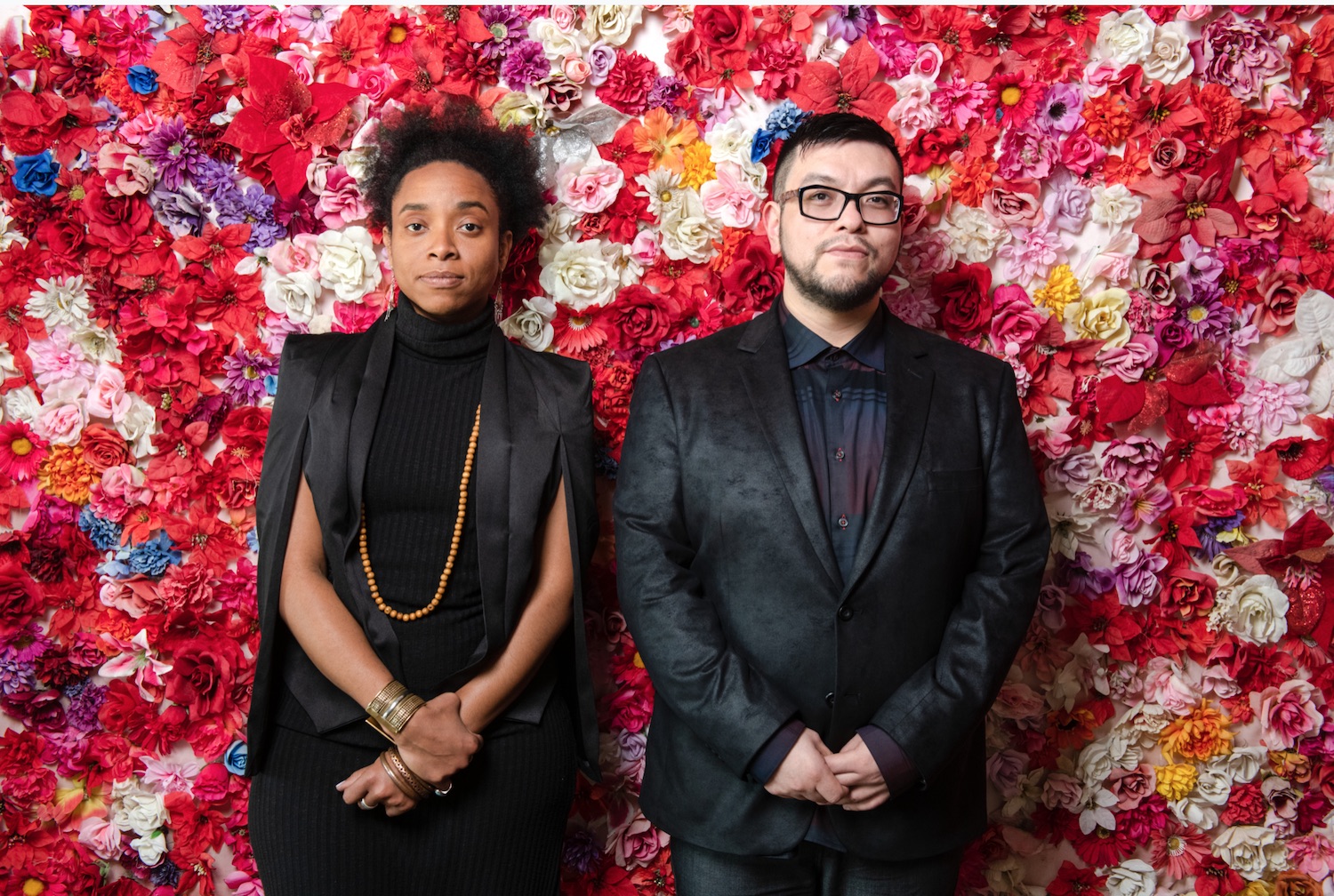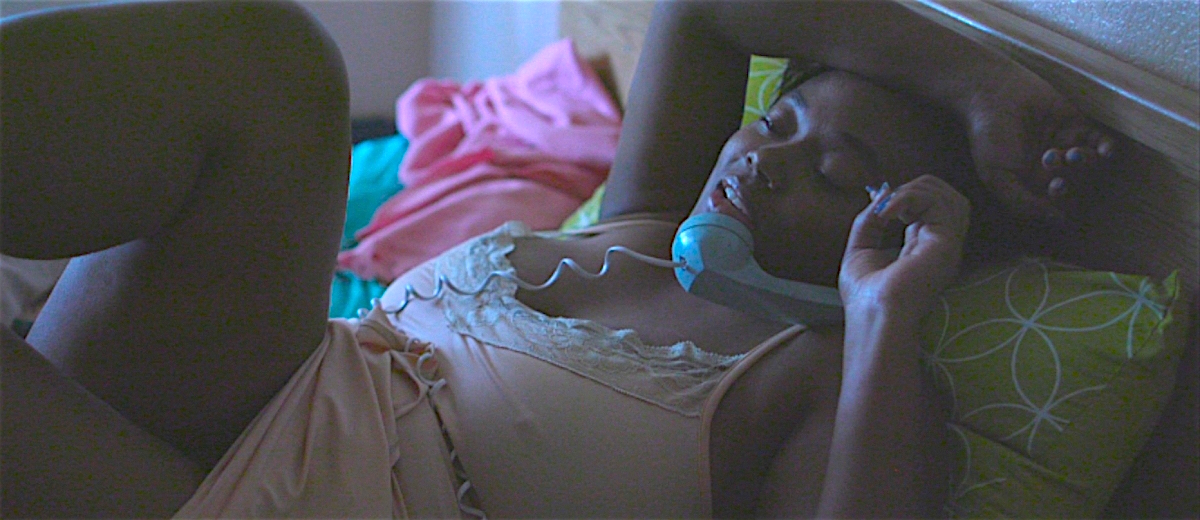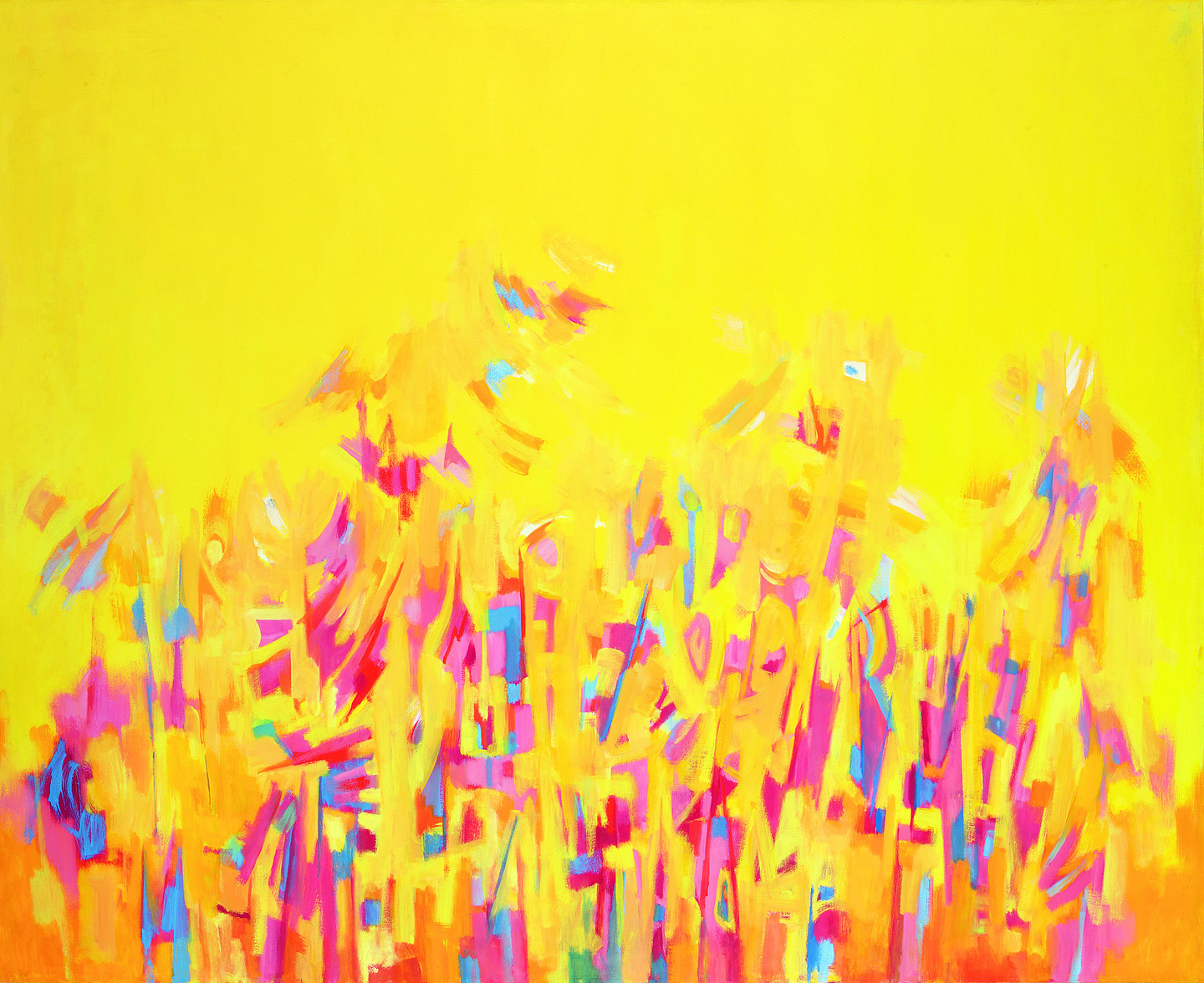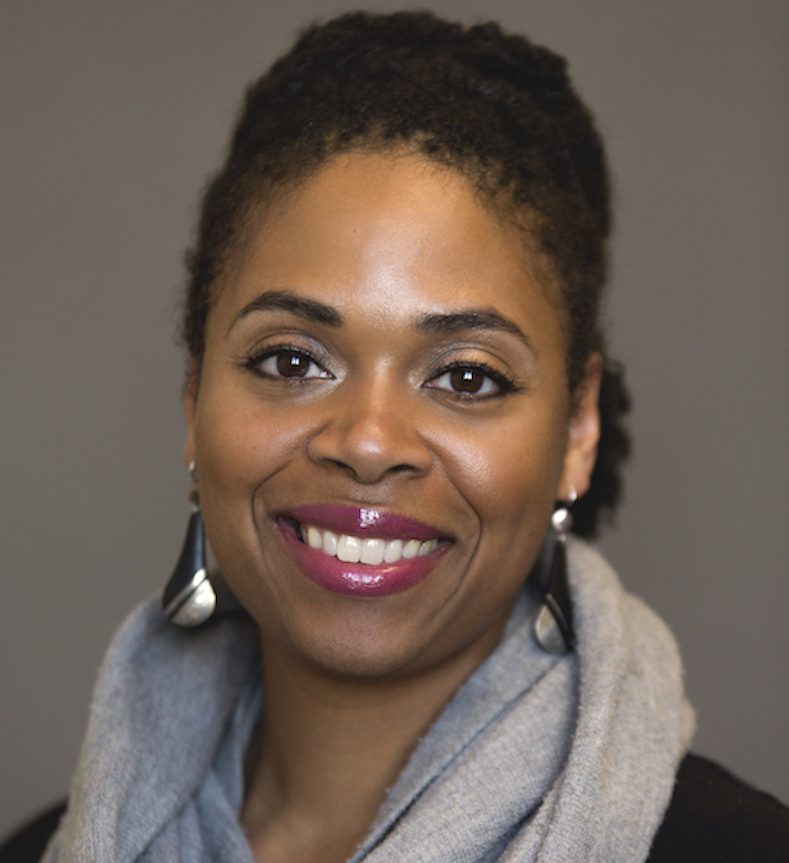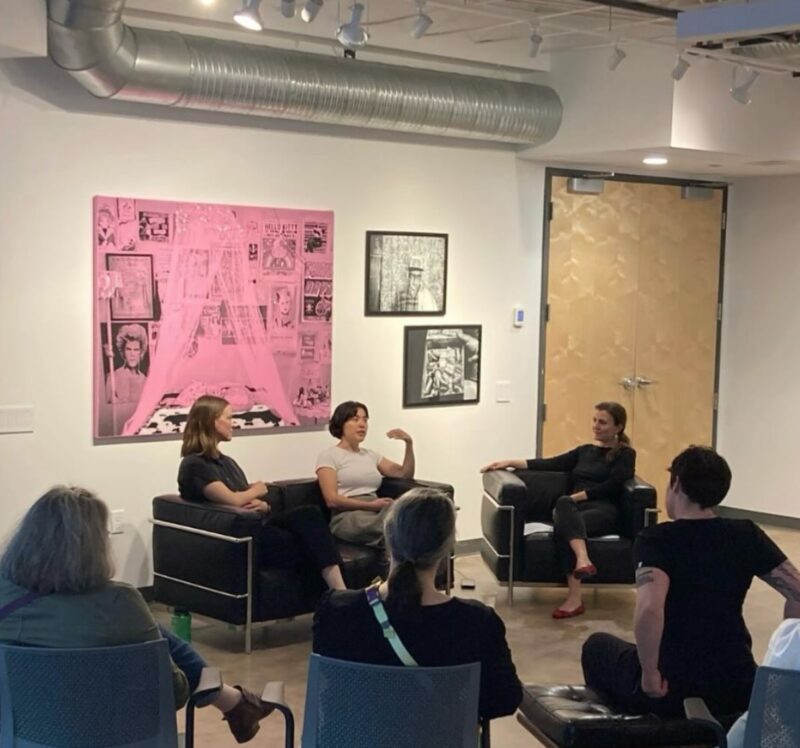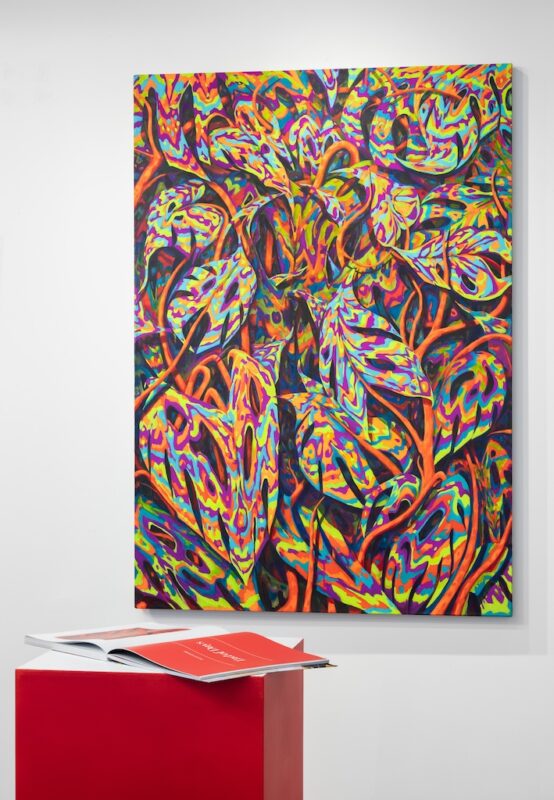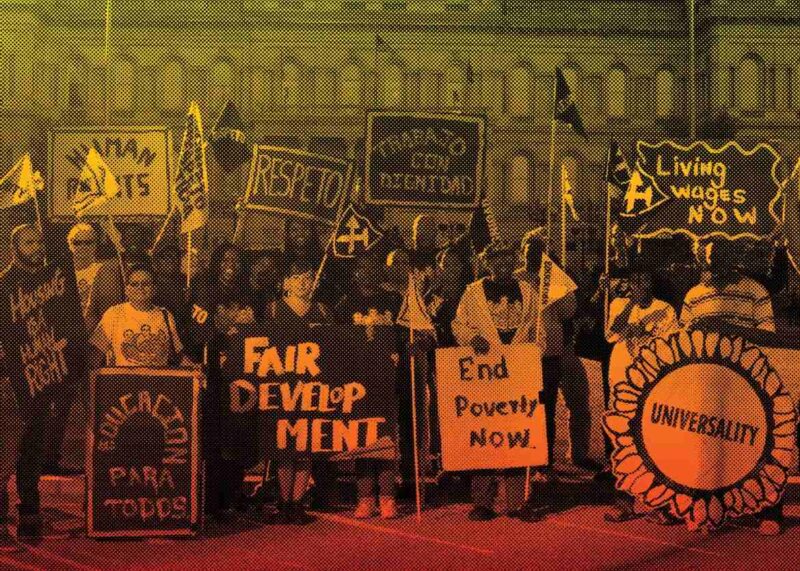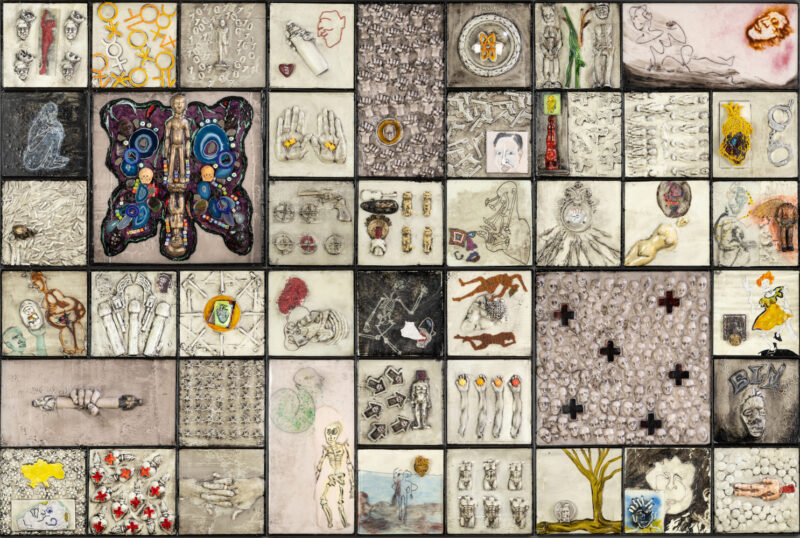This week: Baltimore municipal travel prizes given by MASB and BOPA, The ACLU partners with MICA for a Constitution Day with speakers Bob Moses, DeAnna Hoskins, and Eric Gottesman, Black Abstract Art to open at the Baltimore Museum of Art, Greedy Reads Bookshop Will Add a Second Location in Remington, the Maryland Film Festival is accepting submissions, and Karen Finley’s legendary Venus in Retrograde at UMBC.
Baltimore Municipal Art Society of Baltimore City Artist Travel Prize awarded to Latoya Hobbs and J.M. Giordano
What happens when a Baltimore-based artist is given the means to travel, explore, and then create work inspired by the travel? For the fourth year in a row, BOPA and the Municipal Art Society of Baltimore City (MASB) have awarded unrestricted grants of $6,000 to fund “travel essential to an artist’s studio practice that an artist may not otherwise be able to afford.”
This year, the Municipal Art Society of Baltimore City Artist Travel Prize has been awarded to two artists: Latoya M. Hobbs and J.M. Giordano.
Hobbs will head to Marrakech in order to conduct field research on the intricate geometric and vegetal patterns found there, as well as color and texture in Moroccan art, craft, and architecture in order to inform her own work. The MICA professor’s work deals with figurative imagery that challenges definitions of beauty and cultural identity and often employs patterns as layers. Her exhibition record includes several national and international exhibitions such as the Tulipamwe International Artists’ Exhibition at the National Art Gallery of Namibia, Windhoek, Namibia, Prizm Art Fair, Miami, FL, Salt of the Earth at the Community Folk Arts Center in Syracuse, NY, and her work was recently added to the Petrucci Family Foundation Collection of African American Art.
Photographer J.M. Giordano will use the award to support the third and final phase of his project All For Thee in the Czech Republic. The 15-year photographic project documents the aftermath of the steel industry in Baltimore and similar cities left behind by capitalist and communist systems. His work has been featured in Playboy, GQ, The Observer New Review Sunday Magazine, The Guardian, The Telegraph, The Washington Post, Baltimore City Paper, i-D Magazine, Discovery Channel Inc., Rolling Stone and the BmoreArt Journal of Art + Ideas: Issue 02. Giordano teaches social documentary photography at Baltimore School for the Arts. A show of his work, Shuttered: The Fall of Steel, is currently on exhibit at the Baltimore Museum of Industry and will open at the Luann Carra Gallery in September.
The fourth annual Municipal Art Society of Baltimore City Artist Travel Prize is managed by the Baltimore Office of Promotion & The Arts, and sponsored by the Municipal Art Society of Baltimore City. (Cara Ober)
MICA Constitution Day takes aim at American voting rights

History is a circle. As voting rights in the United States are increasingly, intentionally restricted, we’re coming up on the 100th anniversary of the 19th Amendment, which gave white women the right to vote; the 55th anniversary of the Voting Rights Act of 1965, which prohibited racial discrimination at the polls; and the 7th anniversary of a Supreme Court decision that overturned a key provision of the VRA and thus allowed states to return to practices that restrict the right to vote.
To address the ongoing threats on voting rights and what’s at stake in our democracy in the lead-up to the 2020 elections, MICA is partnering with the ACLU of Maryland for this year’s Constitution Day symposium. “One Person, One Vote: The Challenge of American Democracy, Past and Present” takes place at MICA’s Falvey Hall (1301 W. Mount Royal Ave.) on Sept. 19, and features Bob Moses, DeAnna Hoskins, and Eric Gottesman. Moses, an educator and lifelong civil rights activist, organized the 1964 Freedom Summer campaign that worked to register Black voters in Mississippi. Among other accomplishments, Moses attained a MacArthur fellowship in 1982 which he used to start the Algebra Project. Hoskins, CEO and President of JustLeadershipUSA, is a policy expert and criminal justice reform advocate. Gottesman, cofounder of the For Freedoms Project, is an artist, writer, and instructor who “uses art as a vehicle to explore aesthetic, social and political culture.”
As MICA Humanistic Studies faculty member and Constitution Day organizer Firmin DeBrabander said, in a press release: “The vote is challenged and undermined by a variety of threats at this day and time. Many states have voter ID laws, which, critics contend, unfairly discourage the poor and minorities from voting. Several states block released felons — striving to rejoin society — from the ballot box. And most recently, of course, Special Counsel Robert Mueller pointed out the insidious efforts of Russian agents and spies to dissuade some American voters, and mobilize others.” (Rebekah Kirkman)
Generations: A History of Black Abstract Art at the BMA
 Sam Gilliam
Sam Gilliam
Can abstraction be political? Does abstraction address issues of race, gender, history, and economics? Generations: A History of Black Abstract Art, opening September 29, may convince us that abstraction by Black Americans is about a myriad of social issues, and not the strict provenance of the white male titans whose names are synonymous with abstraction in America.
Generations features nearly 80 paintings, sculptures, and mixed-media installations by Mark Bradford, Jennie C. Jones, Norman Lewis, Lorna Simpson, Alma Thomas, and Sam Gilliam and works by Charles Gaines, Jack Whitten, Frank Bowling, Al Loving, Julie Mehretu, Joe Overstreet, and Virginia Jaramillo, and more.
Most of these works are drawn from the visionary collection of Pamela J. Joyner and Alfred J. Giuffrida, and the show has been exhibited previously as Solidary & Solitary at the Ogden Museum of Southern Art in New Orleans, LA; Nasher Museum of Art at Duke University in Durham, NC; Snite Museum of Art at the University of Notre Dame in South Bend, IN; and the David and Alfred Smart Museum of Art at the University of Chicago, IL. Newly realized as Generations, the BMA has added works from its permanent collection to this new iteration of the show, which will travel to the Perez Art Museum in Miami afterwards.
“Pamela Joyner has been working for decades to bring attention to Black artists working with abstraction, to help them achieve their rightful place in the modern canon, and to make museums understand that this is a necessary and desirable correction to their own collections and exhibitions,” says exhibition curator Katy Siegel. “Working with her means that the BMA is able to tell a story that should be a backbone of our collection, but is not as a consequence of historical prejudice.” Seigel sees the exhibition as a privilege to present now and a prompt for further action going forward.
I am most curious about the exhibition’s curatorial juxtapositions created through deliberate pairings of works by contemporary artists Kevin Beasley and Shinique Smith (originally from Baltimore), Gary Simmons and Lorna Simpson, and Melvin Edwards and Leonardo Drew, not because I happen to admire the work of these artists in particular but because I am interested in the continuum of influence and support these artists have enacted upon one another, largely unseen in contemporary collections.
For me, the success of this show hinges not just upon the selection of compelling individual works in the show, but in fleshing out a visual and conceptual timeline where ideas were shared from one generation to the next, effectively telling an untold history of abstraction in America by artists deliberately excluded from official art histories. Although most of us have seen works by these artists in a variety of locations, they’ve never been seen as one multi-faceted family and vision. Gathered together, the message should be resounding.
Generations is a ticketed show, but members get in free. I’m a member. (CO)
Greedy Reads to open Second Baltimore Location in Remington

How much do I love Greedy Reads? So so much. However, I don’t play favorites when it comes to Baltimore’s independent bookstores. Like a proud parent, I love each one wholly and individually. And I am always thrilled when one of them expands, especially to a spot right near the place where I drink coffee.
I first visited Greedy Reads a year or so ago, and then conducted this interview with owner Julia Fleischaker. Since then, it’s been a pleasure to co-host a book talk in the space, to publish her writing, to attend signings and lectures, and to drop in out of the blue for a quick visit with Audi, Director of Marketing and shopdog. My favorite part? Telling Julia what mood, headspace, hormonal/ astrological phase I’m currently in and her on-the-money ability to recommend the perfect book. The owner, a native of Maryland and a graduate of the University of Maryland, honed her expertise hands-on from a 20 year publishing career in New York starting at Penguin Books, where she was an assistant to renowned editor and executive Phyllis Grann and then later at Melville House, after she became a publicist for authors with names you have heard of.
Like an Ann Tyler novel, Fleischaker left her old life in New York and started a new life in Baltimore, opening the bookshop on the corner of Aliceanna and S. Ann Streets in March 2018. She opened quietly, but steadily built up a following, earning the title of Best New Bookstore (2018) by Baltimore Magazine and being selected as the Baltimore Sun Reader’s Choice winner for Best New Store. Awwwww.
Fleischaker has been the only employee at Greedy Reads for most of its existence. “Working in the store has been so much more rewarding than I dared to imagine,” she says. “I like to say that the only thing I love more than books is talking about books; it’s been a dream, and I’m excited to continue the conversation I’ve been having with Baltimore.”
Greedy Reads: The Sequel will be located at 320 W. 29th Street in Remington, directly across the street from R. House and in the same building as Clipper City Crossfit. Fleischaker says she is psyched “that people can go see an exhibit at the BMA, walk over and have lunch at R House or The Dizz or Paper Moon, and then come load up on books before they go home!” She is planning more books, more dogs, and more events to get people together and talking. The new bookstore will be approximately 1,300 square feet, including a stage for events, and should be be open for the holiday season. (CO)
Maryland Film Festival submissions open for 2020 and more

Lots going on lately in the Maryland Film Festival/SNF Parkway’s world. This weekend, the Parkway Theatre hosts the second-annual Black Femme Supremacy Film Fest, organized by artist/writer Nia Hampton (also a BmoreArt contributor). The film festival “centers Black Femme filmmakers and re-envisions the Black Femme as a global protagonist, empowering their stories through film.” This year’s fest features more than 50 films, shorts, music videos, web series and more. As Nia recently told the Baltimore Beat: “Filmmaking is hard as fuck. It’s an expensive medium full of oppressive practices but the cultural influence it has it only rivaled by music. Festivals are reservoirs of knowledge, but not everyone is lucky enough to access them. Black femmes need a space to network and critique each other with love in a way they won’t get at other festivals.”
Sweaty Eyeballs, the well-loved programming series for animated films, will soon celebrate its own first festival, also at the Parkway, October 4–6, 2019. The inaugural festival will screen 80 animated shorts from five continents, with “a deliberate spotlight on Baltimore,” according to a press release. The opening night event will feature silent animations with live accompaniment by Baltimore musicians.
Submissions are now open for the 2020 Maryland Film Festival, which will take place April 29–May 3, 2020 at the Parkway Theatre. MdFF is looking to see “all types of film and video work of exceptional quality: feature length and shorts; narratives and documentaries; domestic and foreign; genre work and the unclassifiable” and more.
Deadlines and pertinent dates:
Earlybird Deadline — October 1, 2019
Regular Deadline — November 15, 2019
Late Deadline — December 15, 2019
Extended Deadline — January 10, 2020
Notification Date: April 20, 2020
Festival: April 29–May 3, 2020
All the above and also, Moviemaker Magazine included the Maryland Film Festival in its 2019 roundup of the “25 Coolest Film Festivals in the World.” One magazine panelist said that the festival “combines amazing programming with being the most filmmaker-focused festival around.” (RK)
Performance artist Karen Finley comes to UMBC

Karen Finley, known for her political and personal performance art and writing that examine celebrity culture and overexposure, the AIDS crisis, governmental culpability, reproductive rights and bodily autonomy and much more, brings her two-part performance, Venus in Retrograde, to UMBC’s campus on Sept. 5 in the Fine Arts Recital Hall.
With video projection and poetic polemics, Finley “narrates a poetic call to action in resistance to today’s times.” In part one, Grabbing Pussy, the artist “offers a breathless cascade of a poetic narrative that lays bare the psychosexual obsessions” within American politics and life. Part two, Parts Unknown, addresses the separation of families at the border and the trauma of detention/imprisonment. The work will also address Baltimore specifically and “call upon the inspiration of Baltimore’s great legacy of resistance” in light of the recent negative discourse about the city.
And now, a rambling millennial aside: I was just a little peanut during the culture wars of the early ‘90s, so I’ve been doing my due diligence as an arts writer and trying to catch up—it helps me almost-start to make sense of the present’s awfulness. (I also keep thinking about a too-real tweet I saw recently that said something like: “Millennials watched the Twin Towers collapse on live television while they were in elementary school and nothing has gotten better since then.”) I’ve been digging into artist censorship lately, looking into how the National Endowment for the Arts pulled back on funding “controversial” works during that time, thinking about conservatism and shame not just in the obvious places (churches! politics!), but also the art world.
The radical feminist Ellen Willis observed such conservatism in the feminism and leftism of the ‘60s and ‘70s and wrote about it a ton—much of it rings true today. I was curious if Willis had anything to say about the performance artist Karen Finley, who was embroiled in a lawsuit against the NEA along with three other artists (Holly Hughes, Tim Miller, and John Fleck) in 1990 because the organization rescinded the artists’ grants on supposed obscenity. I couldn’t find much but in this 2005 Village Voice essay about the ‘70s and ‘80s Village Voice, Willis does mention a 1986 Voice cover story, by C. Carr, that featured Finley. It’s worth quoting in full:
[…] C. Carr, who was covering the performance-art scene, wrote a piece on Karen Finley, then an obscure performer working in small clubs. Carr called her “a raw, quaking id,” describing in riveting fashion her obscene, scatological monologues and penchant for smearing herself with food and other substances; in one such routine, called “Yams Up My Granny’s Ass,” Finley applied canned yams to her own butt. Men in her audiences often freaked out. “A filthy woman (in any sense of the word) has stepped further outside social mores than a man can possibly get,” Carr observed. The story made the cover and the “white boys” went bananas, nicely illustrating her point. In his column Pete Hamill sarcastically reassured his political writer friends that Carr’s piece had to be a parody rather than “vile, disgusting, contaminating,” as they thought. The letters about yams poured in.
Many years after leaving the Voice, I still think of the Karen Finley story as summing up what I most appreciated in the paper’s relationship to feminism while I was there: It captured the rawness of our urge to transcend limits. It’s a different publication now, in a profoundly different time—an era in which feminism has been assimilated as common sense even as its more dangerous impulses are forgotten or stylized to death. How fortunate to have that outrageous cover, those incendiary words, to remind us that the unsocialized woman existed, and will rise again.
Let’s hope so. (RK)
Header Image: Norman Lewis. Afternoon. 1969. The Joyner / Giuffrida Collection. © Estate of Norman W. Lewis, courtesy of Michael Rosenfeld Gallery LLC, New York, NY
